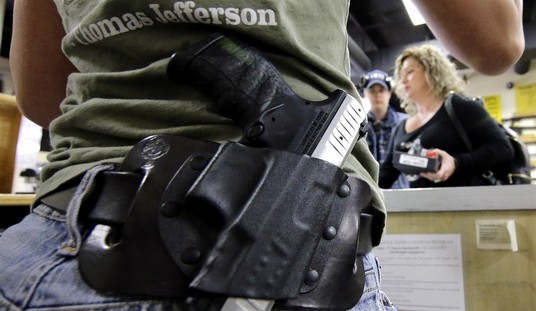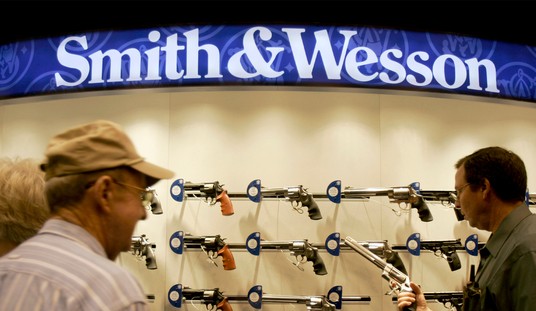There’s a strange paradox among many gun control activists these days; they love to put gun laws on the books, but they’re not big fans of those who would actually enforce the laws. That appears to be the case in Boston, where gun-related crimes are up 60% compared to 2019, but local politicians are still intent on stripping tens of millions of dollars from the budget of the city’s police department.
According to the Boston Herald, while city council members aren’t using the phrase “defund police,” that’s exactly what they’re planning to do by aiming for drastic cuts to the department’s overtime budget, even if that leads to fewer officers patrolling the city’s most dangerous neighborhoods.
Calls to “defund the police” make no distinction between police departments in Minneapolis or Kenosha and Boston. And so it is that the Boston Police Department’s overtime budget is targeted for a $25 million cut, despite costs being down 14.6% in the first quarter compared to last year. And about 27,000 hours of overtime went unfulfilled last quarter, according to police department data.
That puts the department on track to save $10.5 million — but that’s not good enough.
“Reductions so far have very much been driven by COVID savings and conditions. What the council and administration committed to on behalf of the public was a more structural change,” City Councilor Kenzie Bok told the Herald following a four-hour oversight meeting on Monday.
Of course money is needed for social services, particularly for underserved communities — but the way to effect positive change in the city is, at the very least, by respecting all those who work for the city and their contributions.
In terms of the police department, that also means acknowledging the reality of a rise in crime in Boston — and the need for officers to fight it.
As talks of cutting the BPD overtime budget started earlier this year, BPD Superintendent Jim Hasson told the council that about 33% of officers are off work on average this year, leading to 94 officer shifts that have to be replaced in order to maintain minimum staffing levels each day.
As the Herald reported, Hassan noted that 68% of OT costs are either for “replacement costs” — pulling in an officer to cover one of those missing shifts — or “extended tours,” which is when officers have to work longer, normally to finish up something that started during their shift.
As the Herald‘s editorial board reports, some council members say they want to experiment with longer shifts that they believe would help avoid overtime, but that move would do nothing to “cover replacement shifts when officers are off, or address work that could not be finished during a regular shift.”
There’ve been 52 homicides in the city so far this year, compared to 38 in all of 2019, and non-fatal shootings have increased as well. Instead of flooding high-crime neighborhoods with cops on patrol and allowing homicide detectives time to develop relationships with potential witnesses that can lead to arrests and convictions, city council members seem to view police as a bigger problem than the city’s violent criminals. That’s a recipe for disaster, especially when it’s coupled with Massachusetts’ restrictive gun laws that leave many law-abiding citizens without their right to keep and bear arms for self-defense.









Join the conversation as a VIP Member